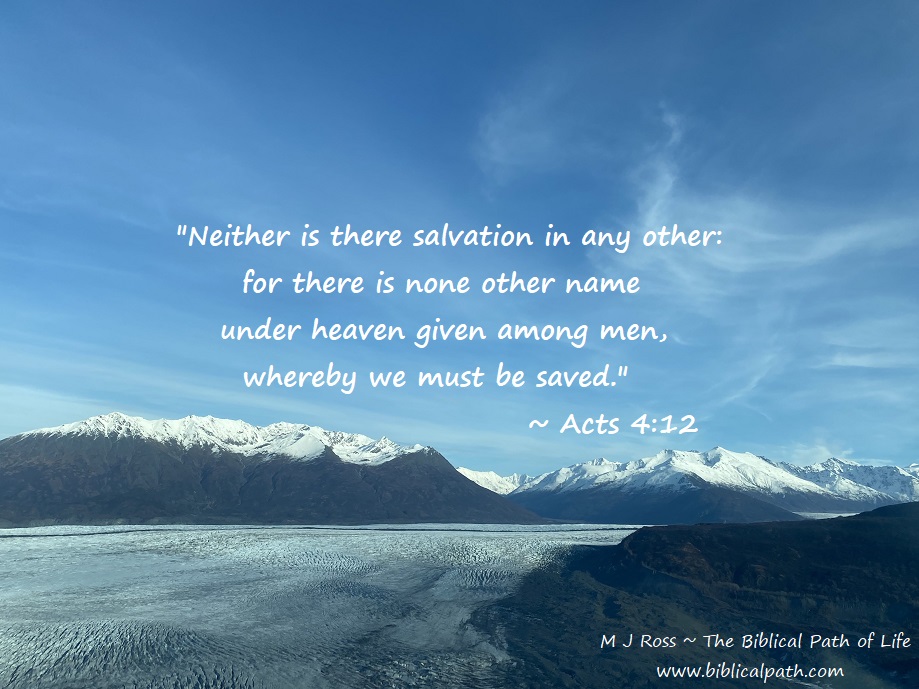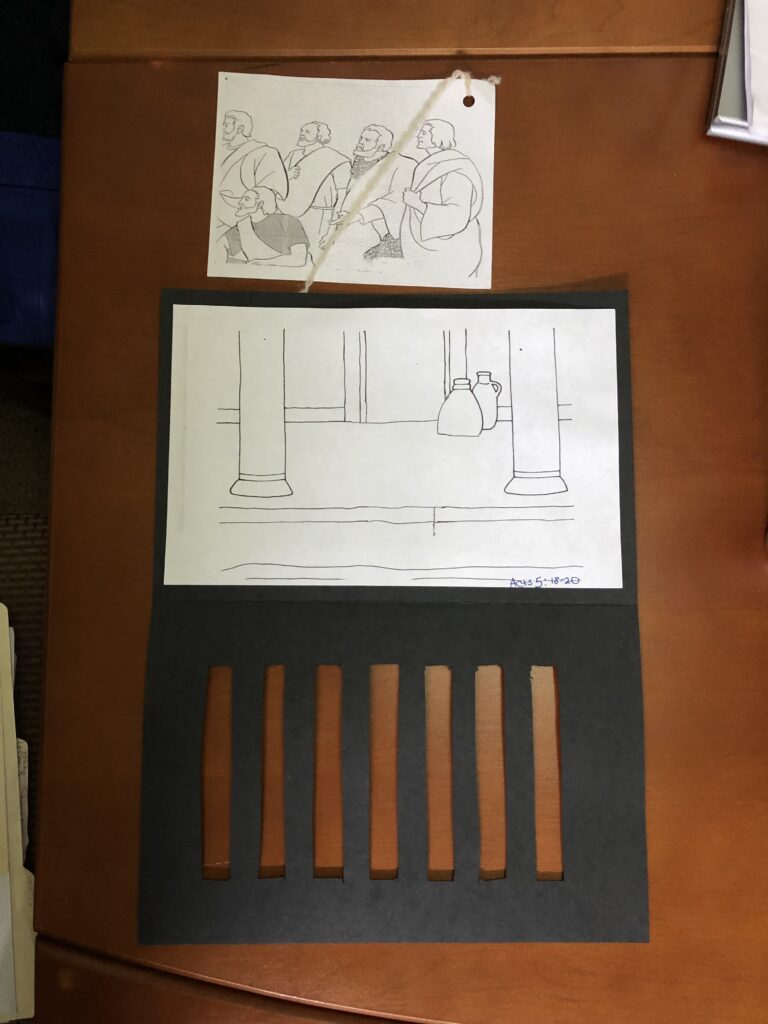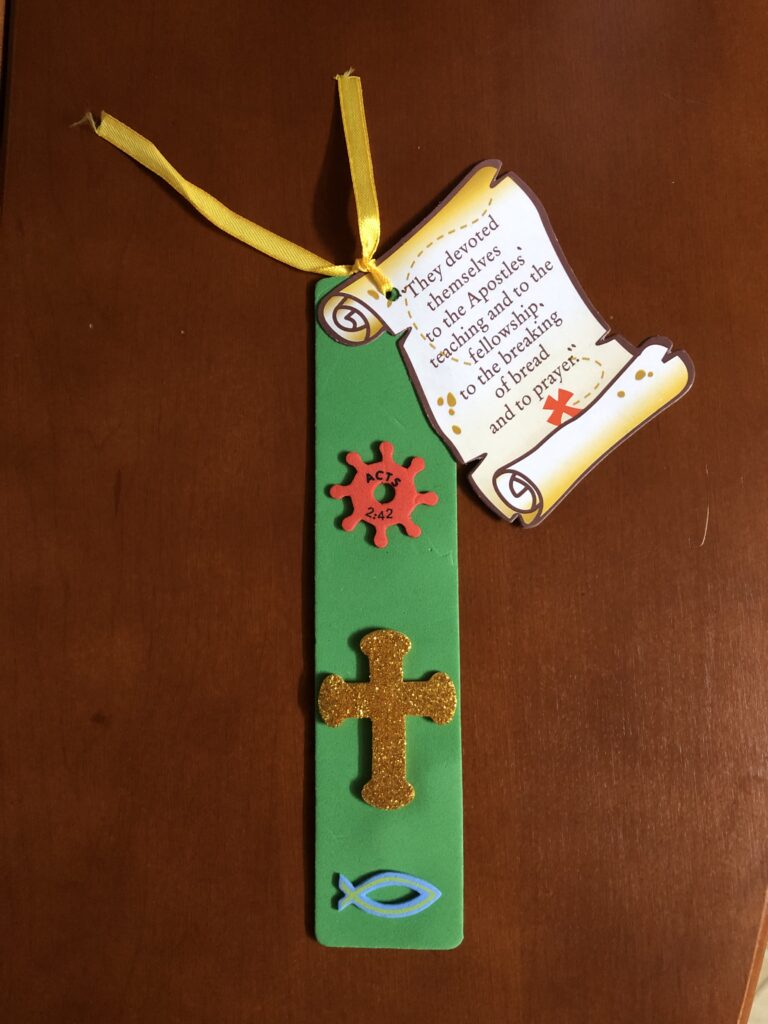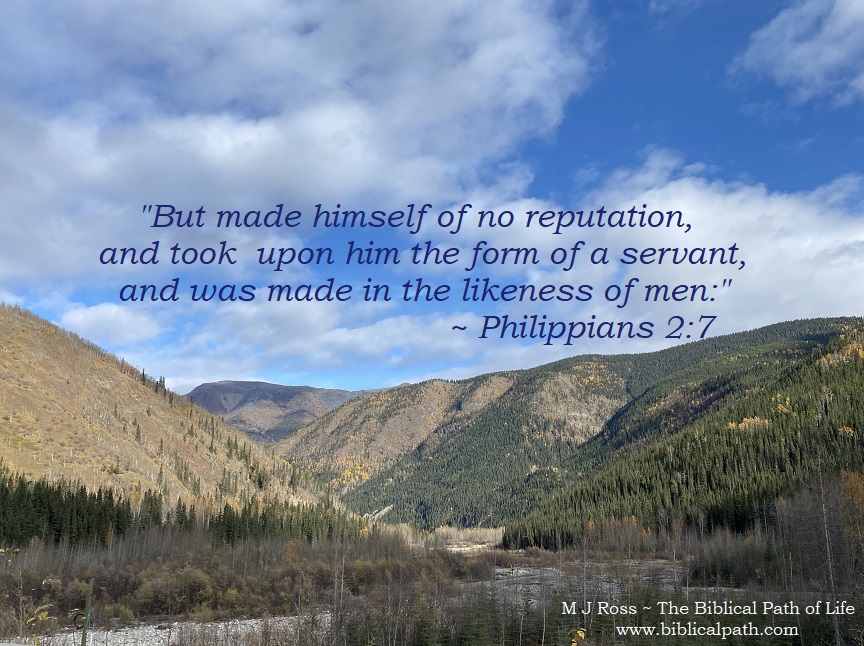
Neither is there salvation in any other: for there is none other name under heaven given among men, whereby we must be saved.
—Acts 4:12
Key Verse Thought: Read today’s key verse. Understand that salvation means “deliverance from sin and its spiritual consequences by the Messiah (Jesus).” It is important to know that the only way one can be saved is by Jesus. In this lesson, we will learn what happened to the disciples when they preached these words.
Emphasis: It is important to understand that the only way for anyone to be saved is by Jesus, and it is each Christian’s job to tell others. We are to be honest in our service to God, and never lie to God.
Lesson Summary: In our last lesson, we learned that Jesus gave His followers’ power, the Holy Spirit, just as He had promised. With that power, they were enabled to be witnesses, and they saw three thousand saved. Those new Believers understood it was important to fellowship with other Believers. “And they continued stedfastly in the apostles’ doctrine and fellowship, and in breaking of bread, and in prayers” (Acts 2:42). As they learned more about Jesus, they also learned how to live this new life pleasing Him.
Peter and John healed a lame man at the Temple gate called Beautiful, which led to an opportunity to preach Jesus. Peter preached that Jesus was the fulfillment of two important prophecies: remembering Moses who told of a Prophet, and Abraham who told of One who would bless all families of the earth. Although the religious leaders rejected this preaching and arrested Peter and John, over five thousand others were saved. Peter and John were ordered to not preach Jesus, but they refused to quit.
Many Believers sold their possessions and brought the money to the Apostles to help those in need. But there was a couple, Ananias and Sapphira, who lied about the amount their land sold for, keeping a portion back for themselves. Because they lied to the Holy Spirit, they both died.
As the Apostles continued to preach Jesus and many were healed, they were imprisoned again. Nevertheless, the angel of the Lord released them and told them to return and continue to preach. The religious leaders, once again, ordered them to not preach, but the Apostles proclaimed, “We ought to obey God rather than men” (Acts 5:29). We will learn how the religious leaders responded to these words, and how one religious leader’s words spared the Apostles lives.
Y3Q2 – Lesson 2 Questions
Y3Q2 – Lesson 2 Children’s Worksheets
If you are teaching this to children, the following is an idea for a craft to help them remember.


We had a picture of the Apostles (that they could color), made a jail, and tied a string to it to remove them from jail. They continued to preach, declaring that they ought to obey God rather than men.
The Biblical Path of Life – Year Three, Quarter Two is now available through Amazon.












